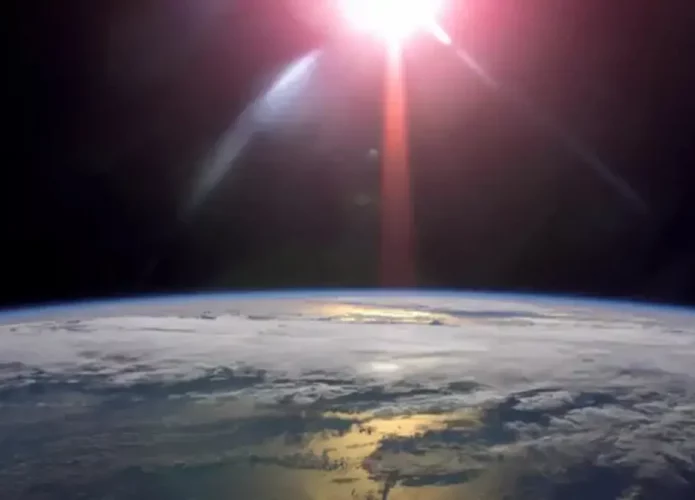The search for the origin of life on Earth is one of the most fascinating and challenging scientific endeavors. Over the centuries, countless hypotheses have been formulated and tested, but mystery remains. Let's explore the key theories and evidence according to science, which help us understand how life emerged on our planet.
Read also:
Primitive conditions of the Earth
To understand the origin of life on Earth, it is necessary to understand the context in which it arose. The Earth, which is about 4.5 billion years old, has undergone major changes throughout its history. Studies suggest that about 4.3 billion years ago, the planet began to develop conditions that could support primitive life forms.
During this period, Earth's atmosphere was radically different than it is today, consisting mainly of gases such as methane, ammonia, and water vapor. Furthermore, frequent electrical discharges, similar to lightning, were common, contributing to the formation of organic compounds.
Abiogenesis theory
One of the first theories about the origin of life on Earth is known as abiogenesis, or spontaneous generation. According to this idea, life arose spontaneously from nonliving matter. This concept has been widely accepted for centuries, with prominent figures such as the Greek philosopher Aristotle championing the idea.
However, advances in biology and experiments conducted by scientists such as Louis Pasteur have disproved abiogenesis. Pasteur demonstrated that living organisms arise only from other pre-existing organisms, through the process of reproduction. This landmark event in the history of science was fundamental in rejecting the hypothesis of abiogenesis.

Panspermia: Life from Space
With abiogenesis ruled out, new theories about the origin of life on Earth emerged, including panspermia. According to this idea, the organic molecules necessary for life may have originated outside Earth and arrived on our planet via meteorites or comets.
Studies of meteorites such as the Murchison, which fell in Australia in 1969, have revealed the presence of amino acids, which are the building blocks of proteins. More recent evidence, such as samples from the asteroid Ryugu brought back to Earth by the Hayabusa2 mission, indicates the presence of complex organic compounds.
These discoveries suggest that life may be more widespread throughout the universe than previously thought, opening up the possibility of extraterrestrial life forms.
Primordial soup and the chemistry of life
One of the most currently accepted theories to explain the origin of life on Earth is the primordial soup hypothesis. According to this idea, primitive Earth conditions led to the formation of organic molecules through chemical processes.
Experiments conducted in 1953 by Stanley Miller and Harold Urey simulated conditions on early Earth, generating a variety of organic compounds, including amino acids, under the influence of an electrical discharge.
Although the composition of the atmosphere used in these experiments may not be exactly identical to that of the early Earth, recent studies continue to confirm the ability to produce organic molecules essential for life in similar environments.
The origin of life on Earth remains one of the great mysteries of science, and new discoveries and theories will likely continue to emerge as we advance our understanding of the universe and our origins.

“Wannabe internet buff. Future teen idol. Hardcore zombie guru. Gamer. Avid creator. Entrepreneur. Bacon ninja.”

